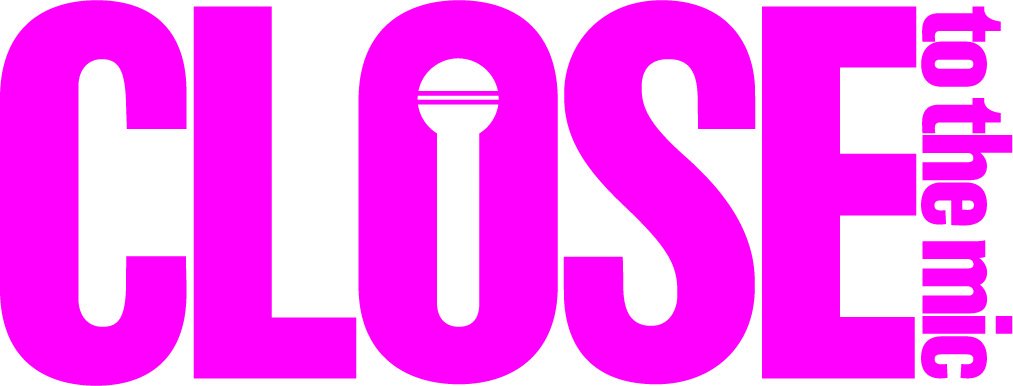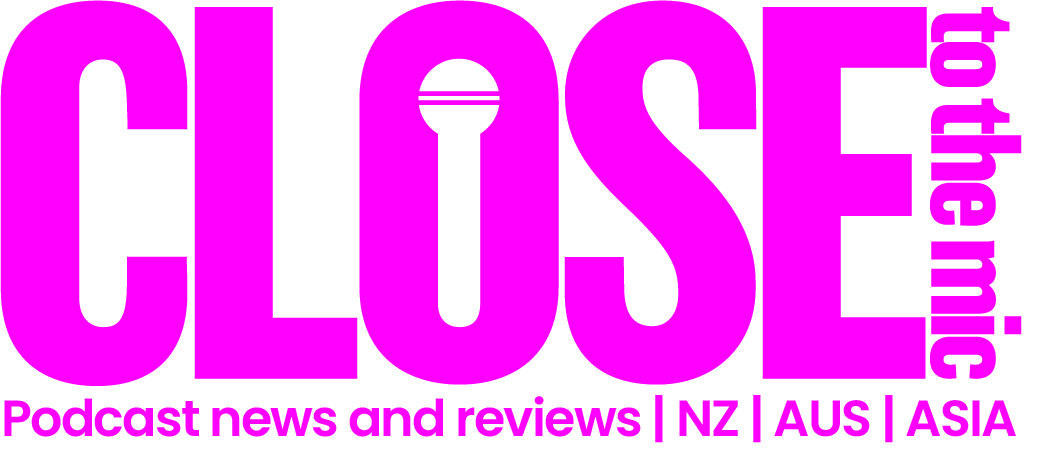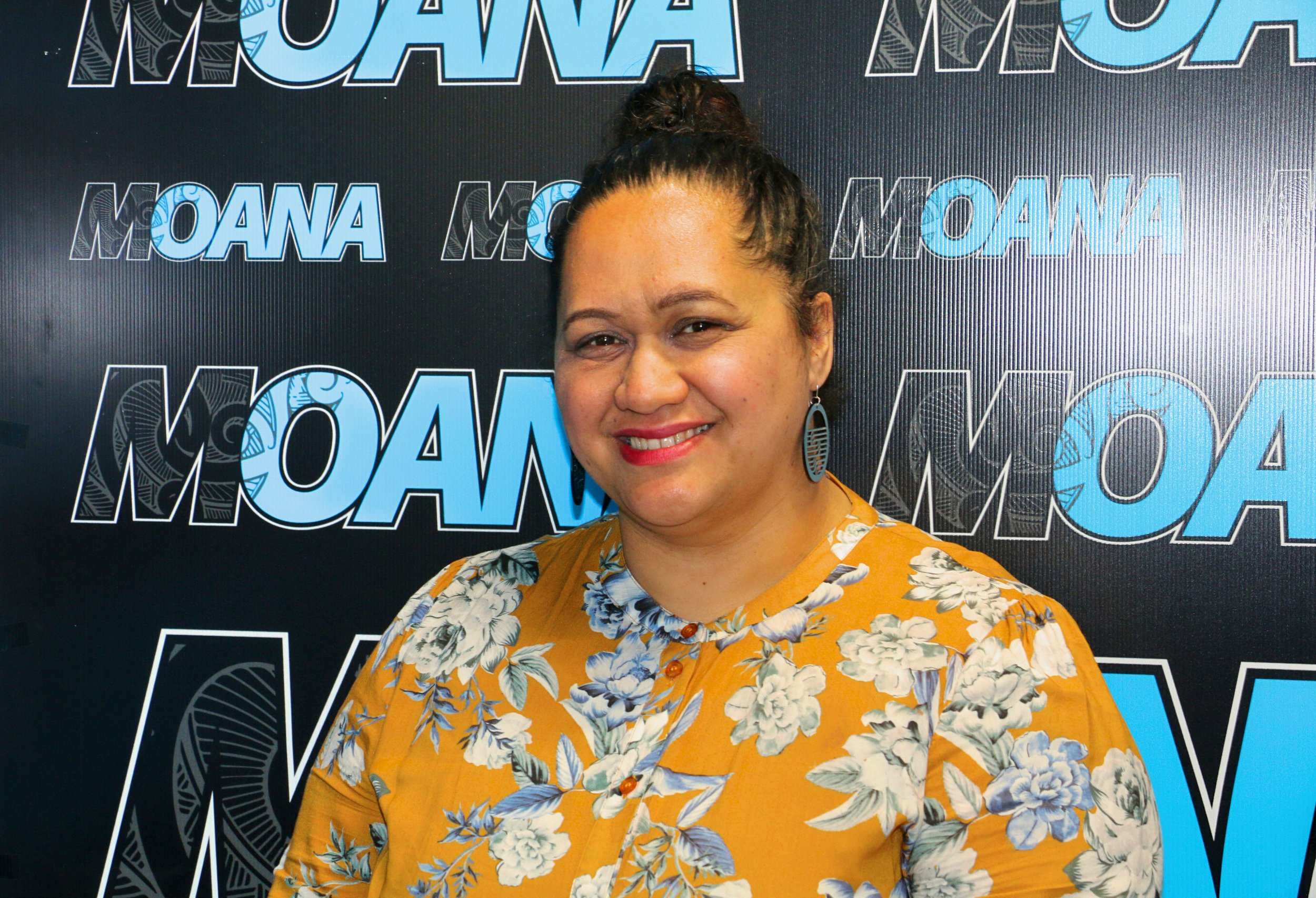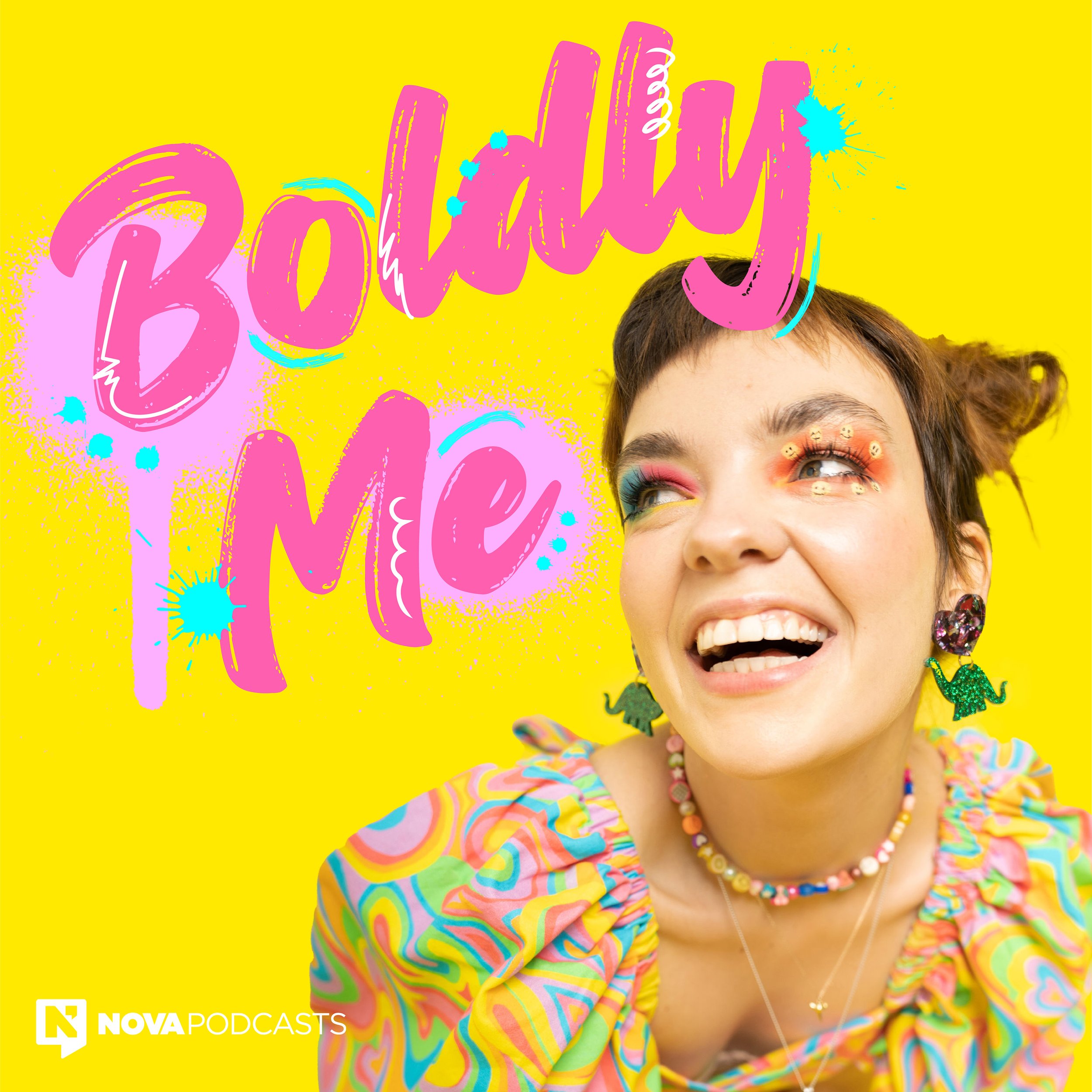Nau Mai Town: The Stories Behind NZ Place Names
Justine Murray - Producer and host of Nau Mai Town.
By Sonia Yee
Tauranga-based Justine Murray is the host and producer of RNZ’s Nau Mai Town podcast, which gained a finalist placing at this year’s RBA New Zealand Radio Awards.
Nau Mai Town is a sound-rich series that explores the history of New Zealand places, including their Māori names and origins. Murray says the podcast came about after listening to an interview on a radio show hosted by Kiwi personality Marcus Lush in 2019.
“Mary called into the show and talked about the pronunciation of the town Opoho and had mispronounced the name all her life. But she justified it by saying it was ‘her hometown’. Then Marcus asked this brilliant question: “Would you call the cheese CamemBURT?” And she said, "Hell no…this is my hometown”.
Murray was taken aback, not only by Mary’s mispronunciation, but also her lack of willingness to acknowledge it. But Murray says, “nobody is perfect”.
“I’m guilty of mispronouncing Māori names myself,” she says, adding that in the Rotorua episode she discusses how her friends and family used to mispronounce it.
Murray is a journalist with a background in radio and says she knew she was going to be part of the industry from an early age.
Justine Murray (centre) pictured with Tahi FM crew Sherman and Shane. Image supplied.
“I was one of those eighties kids who would record songs on the old school tape player. I loved English at High School and studied journalism after,” she says of her career path.
After graduating, she did a brief stint at McDonalds before getting her foot in the door at an iwi radio station in 1998 in Tauranga, where her iwi and hapū is from.
“I just knew that one day I would work at Moana AM…I was a youth reporter and also had a stint as a te reo Māori sports commentator,” she says.
She joined RNZ in 2008, in what was then, the Spoken Features department made up of a collection of specialist producers making long-form features and radio documentaries — in many ways, the early form of podcasts, drawing on personal stories, lived experience and in-the-field interviews that allow the human story to breathe. This was all before the term ‘podcast’ was commonplace.
“Yes, I’m part of the furniture at this point!” she laughs.
Murray worked on Te Ahi Kaa, which was formative in laying the foundation for her skills as a producer. The show came to an end in 2022, and Murray paid tribute to the many kaikōrero (interviewees) who contributed to the series over its 16 years.
“It was only fitting that I said goodbye in a way that honoured the series, so I did this PowerPoint presentation paying tribute to the original producers — Maraea Rakuraku and Tanerau Tuuta. I had a bunch of photo montages of people who contributed to the show, many of whom have passed away now,” she says.
Enoka Rolleston, Te Kehu Butler and Justine Murray recording at Te Rangihouhiri Marae Matakana Island. Image supplied.
For Murray, producing podcasts is different to radio, especially in terms of live-to-air presenting where some of the vocal conventions don’t transition across as seamlessly in a podcast context.
“Like the ‘radio voice’ — the overly hyped and friendly voice – it’s not a good fit…the reading of the script is important,” she says of podcasting and catering to different audiences.
However, there are some crossovers, which are mostly around storytelling.
“Radio pieces made in-the-field, or dramatisations can easily slot into the podcast world and vice-versa. Jack Perkins’ Spectrum series [has] timeless pieces that still hold [in a podcast format] because of the way Jack and Hop Owen crafted their pieces on the spot and in-the-field. Lots can be learned from these legends,” Murray says.
Ultimately, she loves both podcasting and radio, and producing Nau Mai Town has given her some creative freedom to tell the stories of each location in Aotearoa.
While the series is history-based, “it’s not bogged down by it”.
“Nau Mai Town is about Māori place names and balancing te reo Māori…language is part of the series. The name of the podcast is also a play on words: Nau Mai means ‘welcome’ and the sound of ‘Know My’ was intentional to highlight the language.”
Learn place names in te reo Māori. Image supplied.
Murray admits she didn’t grow up speaking te reo Māori, but her parents instilled the importance of the Marae and whanau. Today, the radio host-turned-podcaster is happy to bring her knowledge of te reo Māori — as a second language learner — to the podcast medium.
“Tukua te reo kia rere – let the Māori language soar in all spaces! As a broadcaster I will bring the language into my work, ahakoa he iti he pounamu. Nau Mai Town is mostly in English because I want it to be for everyone, but the stories are from mana whenua who possess this mātauranga (knowledge).”
She says it is important to include the perspectives of mana whenua telling their own stories which provides context to the history, and of course, the correct pronunciations.
In many instances, Murray says a lot of information about the whenua (local story) of each place isn’t available online.
“Take the story about how Rāhui Pōkeka got its name: there’s information online but the mana whenua (local story) had important variations, so it’s important to seek out that knowledge.”
Murray was also surprised to learn that Wellington's suburb of Petone was also derived from a Māori name, rather than having Pakeha origins.
“The original name is Pito-One, I mean for me, that’s fascinating stuff! The longer name of ‘Rotorua’ is Te Rotorua Nui a Kahumatamomoe I kite ai a Ihenga – each word tells a story. I’m mindful of abbreviated names like ‘Rotos’ or ‘Roto Vegas,’ too.”
Nau Mai Town is an ongoing series with the latest season launched in April. Murray says the most challenging aspect is condensing everything down to between 12 to 13-minute-episodes.
“I’m used to creating half-hour programmes for radio, so this podcast forced me to concentrate on the story of the name. If there’s a story that seems unbelievable, then I’d draw on a scripted drama, which I did with the episode of Tolaga Bay/Uawa. The name Tolaga came about when Māori said the words ‘Te Raki’ to mean the North, but Captain Cook’s ‘ear’ heard Taraka, which then became Tolaga. Talk about lost in translation!”
You could say, the timing of the podcast is perfect, given that many businesses around New Zealand today are focusing on building Māori cultural competency across their organisations. Although Murray believes it has happened too late, there have been some positives, too.
“Kua whati te hoiho - the horse has bolted! But it’s better late than never. There have been a few milestones in the past year. In 2022, it was 50 years since the Māori language petition, 50 years since Te Matatini and a few Iwi radio stations around the motu celebrated 30 years plus, and various Kōhanga Reo reaching 30–40 plus years, too. There’s positive change happening too, including more te reo Māori across mainstream media,” she says.
Justine Murray started her career in radio. Image supplied.
Murray’s radio background has enabled her to transition across to making podcasts. But she has mixed feelings when asked whether it was essential to draw on those skills.
“If you asked me this question five years ago, I would have said, it is important. But today, with so many podcasts and people turning to podcasting in their droves, it’s not important simply because everyone has a story to tell, and with a mic and laptop they have a myriad of platforms to tell it in their own way.”
Murray believes storytelling and craft is important, at least from a production point of view. But from a listener perspective, personal preference also comes into play.
“I remember searching for a podcast about health and wellbeing, and I stumbled on this podcast produced in the States. The first thing I heard was this very thick Southern accent – I listened to it for about twenty seconds before I cut it off. There are some podcasts where the presenter is just talking and there’s something really endearing about that – others can put me to sleep, nothing to do with the story, it’s just the tone of the voice.”
Murray enjoys podcasts where the presenters are vulnerable and says as a broadcaster “we are bound by certain editorial policies”.
“I get it, but as a listener of podcasts the ones I most enjoy are where the presenters can share bits of their own life, so that it's not all left to their interviewee. One of my favourite podcasts is Ear Hustle, produced by Nigel Poor and Earlonne Woods at San Quentin Prison. The soundscapes produced there are amazing. RNZ’s The Long Way Home was superb listening and I listened to it quite late, so I binged the series in a few days.
Proud to be producing homegrown content, which also connects to her Māori roots and her background in long-form content, Murray hopes Nau Mai Town opens further conversation about how and why we mispronounce names.
“But I also hope that it inspires us to get it right! I have talked to language teachers who agree that giving it a go is the first step because these names have meaningful stories. I mean Pito-One references the umbilical cord of a baby buried at a special place near a tree by the beach — that story is beautiful,” Murray says.
Join Justine Murray in Nau Mai Town by listening to the episodes (above), or head to the full series.










Ngiyang is a new podcast that tells the story of how the Wiradyuri language is being reclaimed by the people of central NSW.